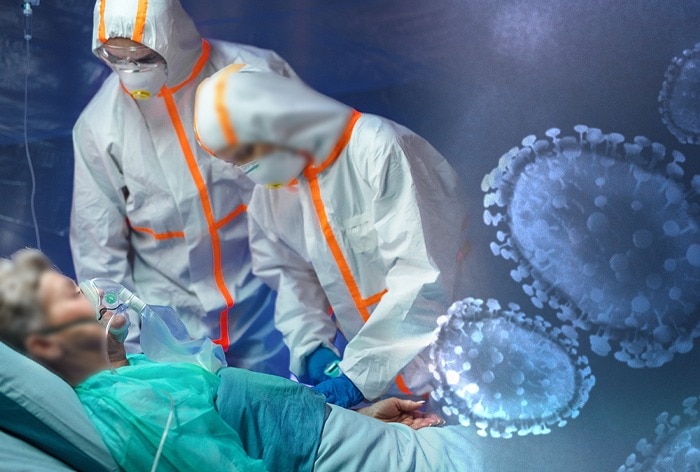Nipah virus and COVID-19 are distinct viral infections with different origins, transmission modes, symptoms, and public health impacts. Expert shares key differences to understand better.
India is battling two different viral infections. There is a surge in COVID cases and the current outbreak of the Nipah virus in Kerala. India witnessed a major COVID season in the past two to three years. The deadly virus stormed the whole nation, witnessing major deaths across. With Nipah virus spreading rapidly in other states, there has been a call out that it is similar to COVID. However this is false, these viruses might seem similar in nature, but they are quite different from each other in various ways. These are two different viral infections in terms of origin, symptoms, transmission and impact on public health. Dr Aniket Mule, consultant internal medicine, Wockhardt Hospitals, Mira Road spoke to India.com and shared his sight of knowledge on how Nipah virus is different from COVID-19.
Orign
- COVID-19 is caused by the novel coronavirus SARS-CoV-2.
- Nipah virus is caused by the Nipah virus, a member of the Paramyxoviridae family.
Transmission
- COVID-19 primarily spreads through respiratory droplets and can also spread through aerosols and contact with contaminated surfaces.
- Nipah virus is transmitted primarily from animals to humans and can also spread from person to person, mainly through close contact with infected individuals.
Incubation Period
- The incubation period for COVID-19 is generally 2-14 days, with an average of 5-6 days.
- Nipah virus has a longer incubation period, usually ranging from 4-14 days, with some cases showing symptoms up to 45 days after exposure.
Symptoms
- COVID-19 symptoms include fever, cough, shortness of breath, loss of taste or smell, and can vary from mild to severe respiratory illness.
- Nipah virus symptoms include fever, headache, drowsiness, confusion, and can progress to severe respiratory and neurological symptoms, often leading to encephalitis.
Vaccine and Treatment
- As of my last update in September 2021, several COVID-19 vaccines were authorized and in use worldwide, and treatments like monoclonal antibodies and antiviral drugs were available.
- Nipah virus has no specific vaccine for humans, and treatment primarily involves supportive care. Research into vaccines and treatments for Nipah virus was ongoing but not as advanced as for COVID-19.
Published Date: September 19, 2023 5:19 PM IST
Updated Date: September 19, 2023 5:21 PM IST
–>
–>
